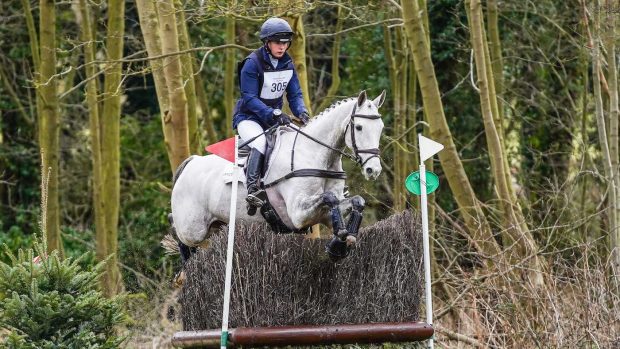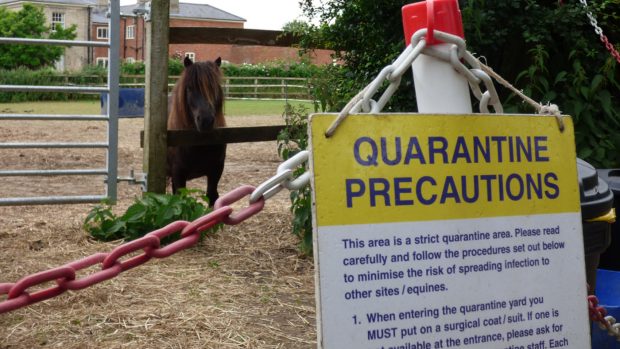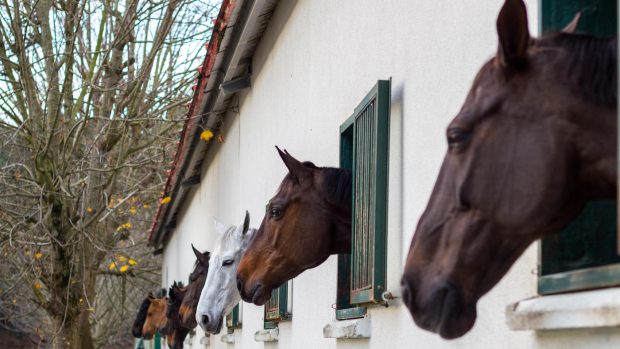Two horse owners, who have recently been badly affected by strangles, are calling for the disease to be made notifiable in a bid to stop further outbreaks.
Notifiable diseases, like foot-and-mouth and avian flu, must be reported to Defra.
Karoline Thorpe from Oxfordshire has lost two mares to strangles— champion show pony Blenheim Bunny Girl on 18 January and Cream Glucose on Christmas Eve. Both were in-foal.
And Debbie Bradshaw, who runs a riding school in Nuneaton, has had to temporarily close the business due to an outbreak.
A vet, who wishes to remain anonymous, dealt with the outbreak that affected 19 ponies on Ms Thorpe’s yard.
He confirmed that Blenheim Bunny Girl had died of strangles but added that death from the disease was very unusual.
Blenheim Bunny Girl was four-times champion miniature at the British Skewbald and Piebald Association World of Colour Championships.
Ms Thorpe told H&H: “We have suffered a huge loss.
“Bunny was a fantastic mare, — she showed perfectly.”
Ms Thorpe has warned local yards and feels other stables should be more open about it.
“Something needs to be done. It’s so contagious, it needs to be made notifiable,” she said.
Nuneaton and North Warwickshire EC has also had an outbreak of the disease.
Debbie Bradshaw from the centre said: “We closed on 1 February, after blood tests confirmed we had strangles.
“We don’t know where it came from. It’s a shame — if people didn’t keep quiet the spread could be slowed down.
“We are self-funded and are now struggling to keep going.”
Dr Richard Newton from the Animal Health Trust said: “Owners need to work with their vets — if strangles is faced up to then it can be controlled.”
A Defra spokesman said there is currently no legal requirement to report cases.
“Strangles is not, and never has been, a notifiable disease in the UK,” she explained.
“Owners should ensure that biosecurity measures are in place and that veterinary intervention is sought.”
Visit www.defra.gov.uk
This article was first published in Horse & Hound (12 February, ’09)





